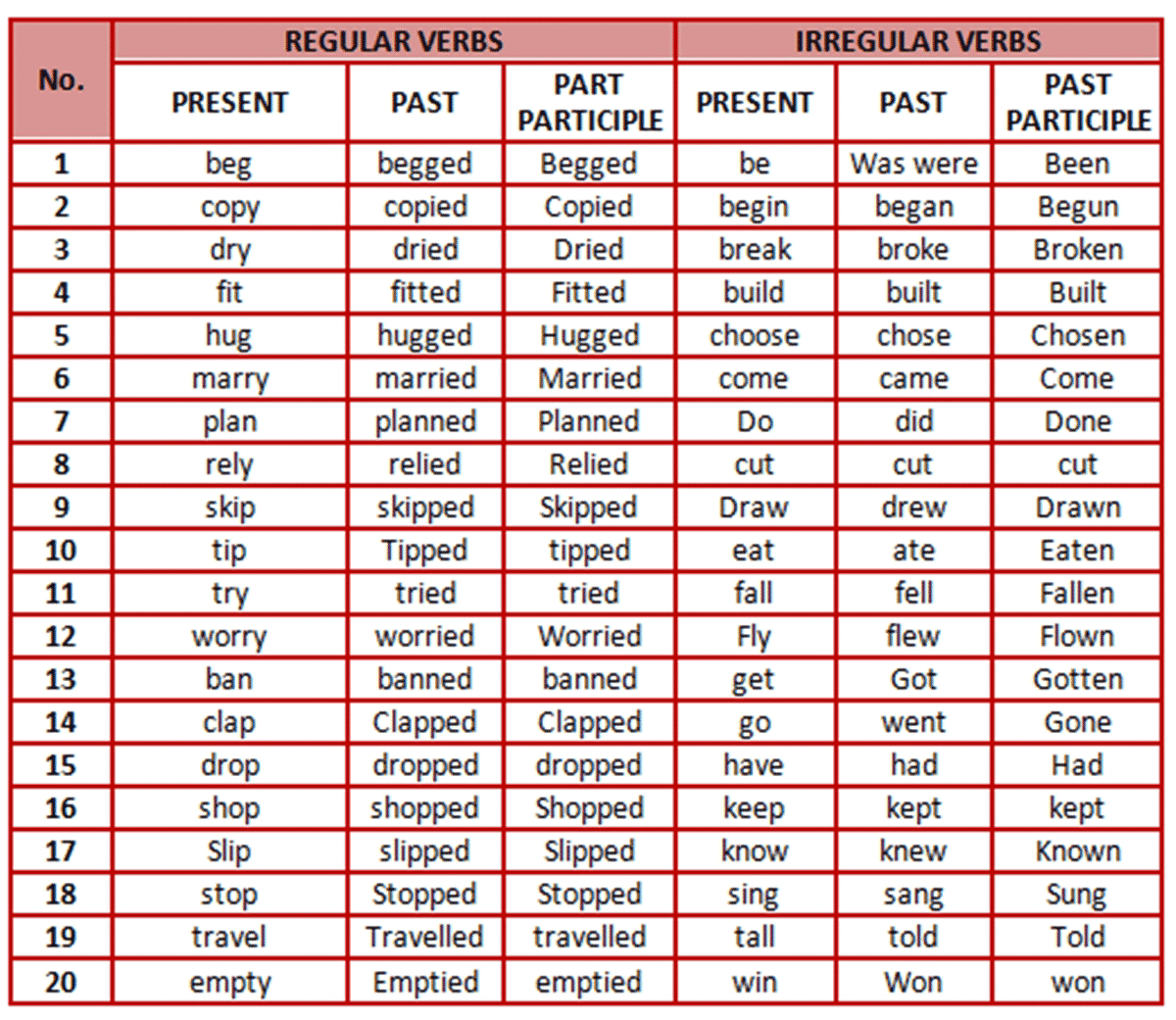👉She ironed her dress.
👉He drove to the mountains.
It puts the subject of the sentence into motion and provides further information to help clarify the subject.
However, to add another layer, verbs also describe a state of being, such as:
👉She feels tired.
👉He prefers coffee.
Kinds Of Verbs:
Main Verb :
The main verb is also called the lexical verb or the principal verb. This term refers to the important verb in the sentence, the one that typically shows the action or state of being of the subject.
For example: eat , drink, sleep, study, laugh etc.
Auxillary Verb : ( Helping Verb)
Look at the following principle auxillary, be, do and have.
Be: is , am , are, was , were
Do: Do, does, did
Have :. Has, have , had
Auxiliaries are used:
👉 To show whether an action is complete or continuous.
👉 In interrogative and emphatic statements
👉In short answers to avoid repetition of words.
For example:
👉He is dead.
👉Do you like to read? Yes, I do or No, I don't.
👉Can you help me lift this box? Yes, I can.
Forms of a Verb:
Read , Understand and Practice









12 comments:
Nicee
Very good 👍
Nyc
Nyc
Very good mam
Well appreciated very well done
Good
Very good👏👏
Very good 👏👏👌👌
Very nice
Very good mam👍
Very good
Post a Comment